SEATTLE, WA — After a disappointing 87-78 loss to the Seattle Storm, Las Vegas Aces star A’ja Wilson who finished with 17 points and 16 rebounds had a message that went deeper than just what went on during the game on Wednesday night. Wilson who is a strong contender for MVP this season, was asked why wasn’t she pushed more by a league that is over 80 percent Black especially with all of her success.
The WNBA is one of the most diverse leagues in sports and on the forefront on movements of equality, social justice, and celebrating Pride. However, the ability to still highlight and market players properly is an ever growing problem that persists. The league has made a point via press releases and social media to highlight Seattle Storm legend Sue Bird and rightfully so, for all that she has given this game and the league.
However, another legend who is also retiring at the end of the season in Minnesota Lynx center Sylvia Fowles has not received the same recognition as Bird. Some would attribute that to popularity, location, or could it be about race? Who are the faces of the league and why aren’t they highlighted more?
When the WNBA began in 1997, they had faces that consisted of Lisa Leslie, Rebecca Lobo, and Sheryl Swoopes, yet somehow along the way the league lost focus on that. With a league that consists of over 80 percent Black players, why aren’t there more faces of color advertised? Wilson answered that question in a way that was very honest and thought provoking.
“When you have young girls that want to be in this league, it’s nice to have someone who looks like you, doing what you want to do,” she said.
“That’s something that you don’t see always especially when it comes to the Black woman. She’s swept underneath the rug probably the most…. the person you don’t ever think about. And when you’re in a league that is predominately Black its always good to have a face there to tell those young girls, that dreams do come true if you just stick to it. You don’t have to sell yourself short because of the color of your skin, or the way you talk or because of your sexuality, and I think it’s very important for that. I would love to be the face and I think I’m a face as a whole just by being who I am.”
The players can only do so much as far as bringing awareness to causes or other players deserving of praise. The league needs to highlight more Black women and faces of the league, between Candace Parker, A’ja Wilson, Jonquel Jones, Skylar Diggins, Chelsea Gray, Jewel Loyd, Nneka Ogwumike, and Rhyne Howard to name a few. Of course highlighting Diana Taurasi, Brianna Stewart, Elena Delle Donne, Sabrina Ionescu, and others, but it’s interesting how they don’t have the same amount of issues with promotion and publicity. One of the interesting moments of Wilson’s message during the post game session was employing media members to get more involved to tell the stories of these players beyond the basketball court, especially Black players in the league. Wilson gave her respect to Fowles and expressed how much Fowles means to her and her career.
“I know Syl (Sylvia Fowles) is a legend and my mentor and someone I look up to. I’m not the one on WNBA social posting it, I’m not the one going up to Syl asking her for an article, I wish I could pick her brain,” Wilson explained.
The ones in positions of power in the league at the table needs to focus more and listen to their players by promoting and bringing an equal balance by pushing narratives that support each player and their journey. Mainstream media needs to relax some of their archaic ways in order to see more women of color to highlight and tell their stories properly.
One thing is for certain and two things are for sure, equality and diversity go beyond just speaking about it; it’s also about action and continuing to embrace the culture that pushes the league that over 80 percent Black women play hard and represent on a daily basis. It’s time for WNBA Commissioner Cathy Engelbert and others to take a serious look at this issue and solve the problem when it comes to equal time and equal press and not allow the Black woman/player to be an afterthought.








